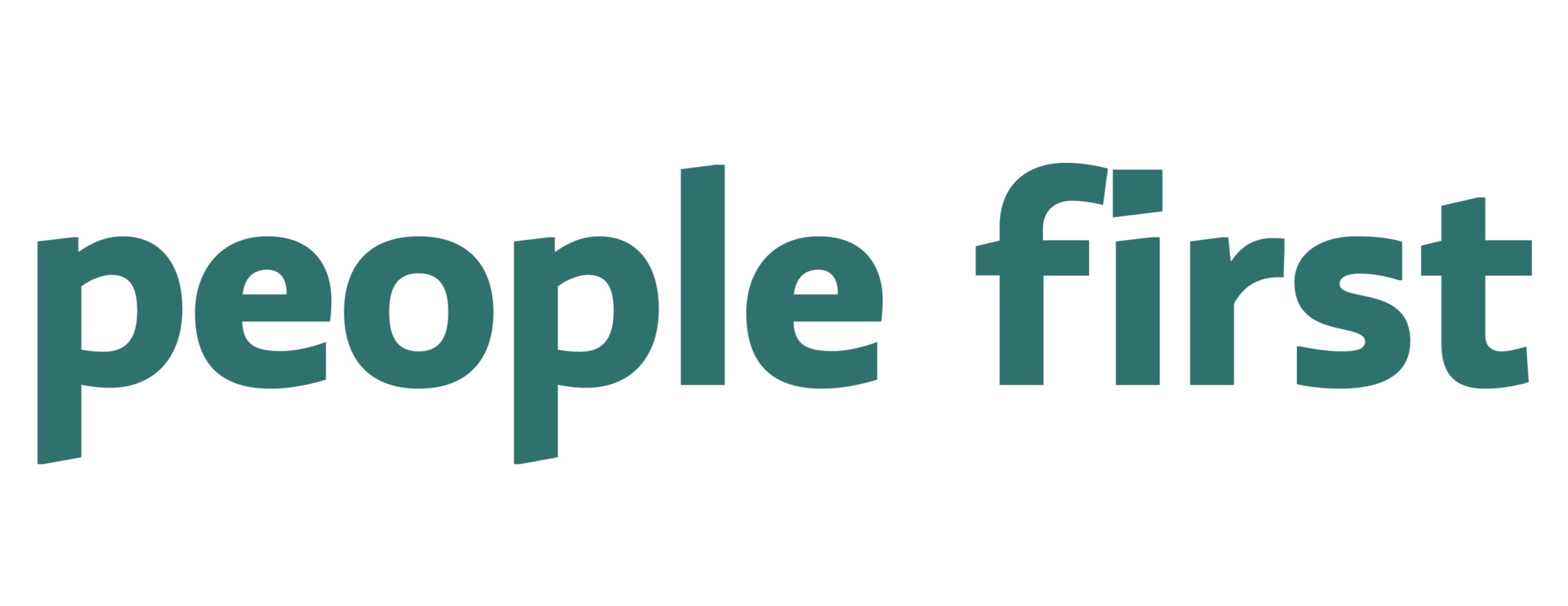Legal Corner: Recently Expanded Workplace Protections for Independent Contractors & Freelancers Present Additional Considerations for NYC Employers
(This guest post is written by Lauren Paxton, a People First RH Advisor)
As employers across the country grapple with plans to re-open physical workplaces, employment law issues rank high on the agenda. Employers in New York City have additional considerations to take into account now that the City has expanded workplace protections to independent contractors, freelancers, interns, and family employees.
On the eve of the pandemic’s migration to New York, a new amendment to the New York City Human Rights Law (“NYCHRL”) took effect January 11, 2020. The law has significant implications for New York City’s 1.3 million independent contractors and the companies they work for. The new legislation (NYC Int. No. 136-A), substantially expands the scope of the NYCHRL, and permits independent contractors to pursue discrimination, harassment, and retaliation claims against their employers. Throughout most of the U.S., such claims can only be brought within the traditional employer-employee relationship.
The expanded NYCHRL also now applies to interns, freelancers, and family employees. While there is a safe harbor for small businesses, the exception is limited. Any business that has four (4) or more employees, independent contractors, freelancers, interns and/or family employees, will be subject to the expanded version of the NYCHRL. The provisions of the NYCHRL regarding sexual harassment apply to all NYC employers regardless of size.
As employers in the essential services continue to adjust to the increasing demands of this current climate, and others work through plans to re-open, all are well advised to revisit their anti-discrimination policies and practices with regard to re-instatement, re-hiring, leave programs, hour reductions, pay reductions, furloughs, and layoffs, together with the traditional employee lifecycle events of hiring, onboarding, benefits, work assignments, advancement, performance evaluations, discipline, and separations. In addition, employers should ensure that workplace complaints from independent contractors are addressed appropriately. Independent contractors, interns, freelancers, and family employees should be given notice of their employer’s internal workplace complaint procedures, and the relevant points of contact for escalating workplace grievances. If employers do not properly address workplace complaints from these workers internally, they may face penalties from the City, and/or costly litigation in court.
